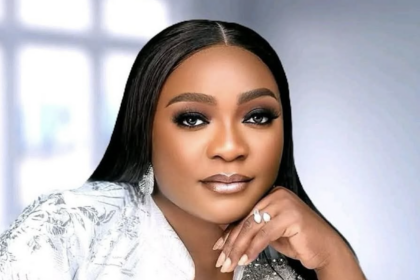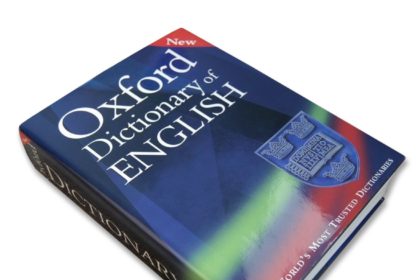Cambridge Dictionary has officially welcomed a fresh wave of internet-era slang, adding terms such as “skibidi,” “tradwife,” and “delulu” to its pages, a move the editors say reflects how social media now shapes mainstream English.
Colin McIntosh, Cambridge Dictionary’s lexical programme manager, said the team only admits words that show staying power, noting the surge of vocabulary propelled by online culture. “Internet culture is changing the English language,” he said as the list went live.
What cut — and why
• Skibidi: Born from the surreal, meme-driven “Skibidi Toilet” phenomenon, the word is used by kids to punch up a sentence — sometimes to mean “cool” or “bad,” other times just for comedic effect. Cambridge captures that fluidity in its new entry.
• Tradwife: Short for “traditional wife,” this label describes influencers who champion domesticity and conservative gender roles, often documenting homemaking on TikTok, Instagram, and YouTube. The term has been widely debated since at least 2020; Cambridge’s definition flags the social-media angle as central.
• Delulu: A clipped form of “delusional,” now used playfully or pointedly when someone believes something that isn’t real — by choice. The word migrated from K-pop fandom slang into the wider internet via phrases like “delulu is the solulu,” which has racked up billions of views.
Cambridge’s update also nods to the working-from-home era and tech power politics. New entries include “mouse jiggler,” a device (or app) that keeps your status “active,” “work spouse,” for a close, supportive office ally, and “broligarchy,” a portmanteau for a small group of ultra-wealthy tech men with outsized influence.
This isn’t a one-off tweak. Cambridge says it has added around 6,000 new words and meanings in its latest refresh — evidence that many once-niche expressions are now part of everyday conversation.
Not everyone is cheering the shift. Critics worry hyper-online slang can feel frenetic or empty to older audiences. As one observer put it, the “skibidi brainrot” debate encapsulates a youth culture fluent in irony but hungry for meaning — a tension editors acknowledge even as they document it.











